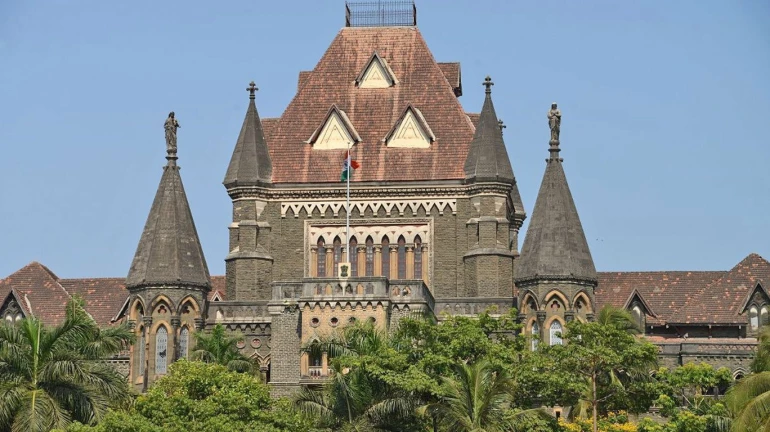
The Bombay High Court (HC) expressed its dissatisfaction with non-consenting minority members of a housing society's refusal to leave the property, stating that this behaviour jeopardises the overall redevelopment plan and discriminates against the other members. The fact that developers must now begin paying cooperating members who have left their properties has a significant financial impact on them, the court added.
Justice Arif Doctor said that the 11 non-consenting members will have to pay INR 5 lakh apiece, which would be split between the housing society and the developer, if they don't leave the property in two weeks.
The docket of this Court continues to be flooded with several such matters where minority members continue to attempt to stymie redevelopment on grounds which are ex facie frivolous, untenable, and contrary to the well settled position in law, the court noted, emphasising how frequently these frivolous petitions appear in the courts.
M/s. Dem Homes LLP, which was chosen to reconstruct the Taruvel Cooperative Housing Society in Andheri, was presenting a petition to the High Court. In October of last year, the VJTI deemed the building to be in disrepair. Few members of the society refused to leave the property, despite the fact that the organisation and the developer signed a development agreement in September 2023.
During its August 2021 general body meeting, the society decided to work with M/s. Dem Homes to redevelop the property. Eleven members, nevertheless, were against the development. On behalf of a few of these members, advocates NR Bubna and Pooja Malik stated that the developer had declined to sign a PAAA with them. Additionally, they cited a civil court decision prohibiting the developer from granting third party rights with regard to flat number 8 in the B wing.
Sarosh Bharucha and Jay Vakil, the developer's solicitors, countered that they had signed a Permanent Alternate Accommodation Agreement (PAAA) with each member who left the property and gave it to them.
As it merely concerned not granting third parties rights in Flat No. 08 of the B Wing, the HC pointed out that the order from the civil court did not stop the developer's reconstruction.
The renovation would only be delayed, it was stated, if the non-consenting members did not leave the property. This kind of non-consenting minority behaviour has detrimental effects on the entire community that hopes to gain from the reconstruction, as it not only causes prejudice towards those individuals but also jeopardises the reconstruction itself, Justice Doctor stated.
The justices also emphasised that developers are often severely impacted financially by "frivolous and misconceived opposition by a few members," to the point where the redevelopment as a whole is rendered unfeasible. The court emphasised that this behaviour thwarts the entire reform that is intended to benefit society as a whole at the expense of a select few.
Justice Doctor stated, I deem it fit to grant costs, considering the frivolity of the defence and complete disregard for the well-established legal position to the issue at hand and balancing it with the age of the members of Respondent No. 1 Society.





